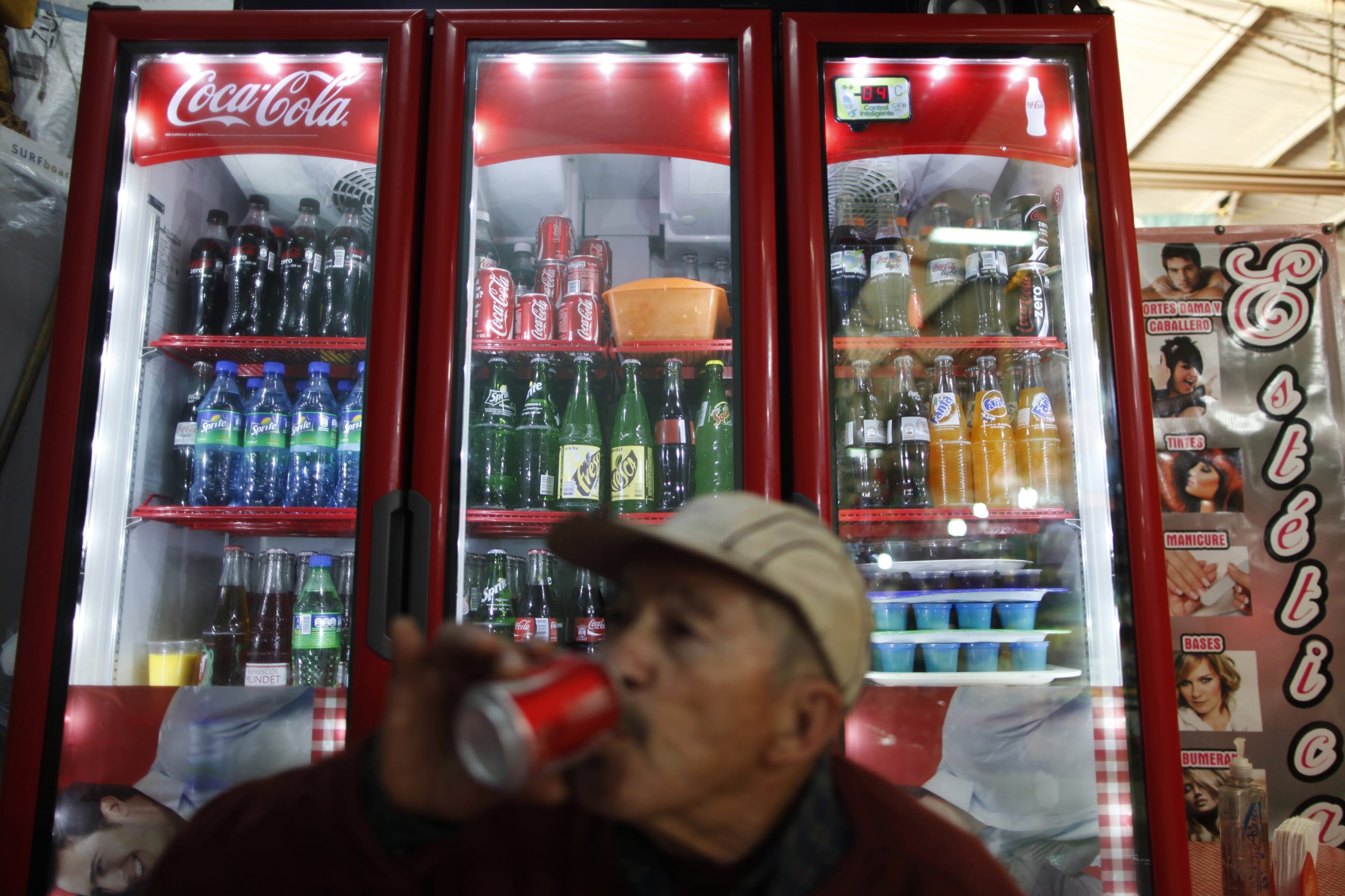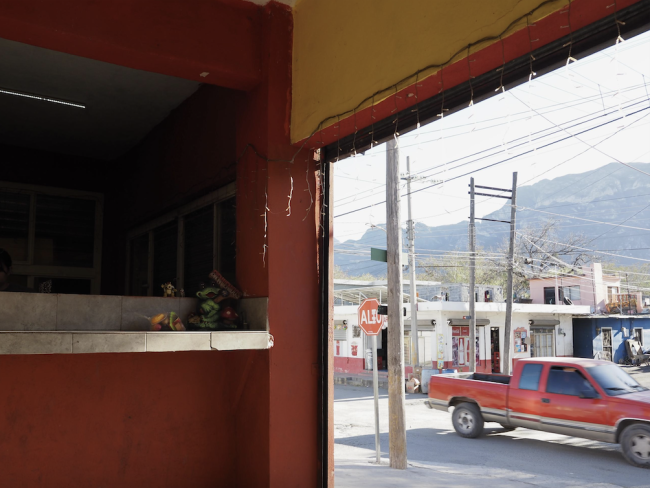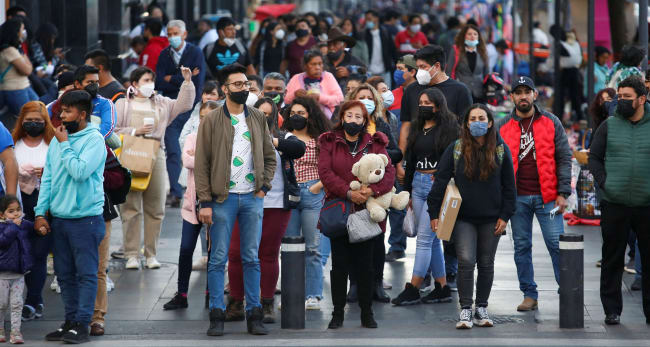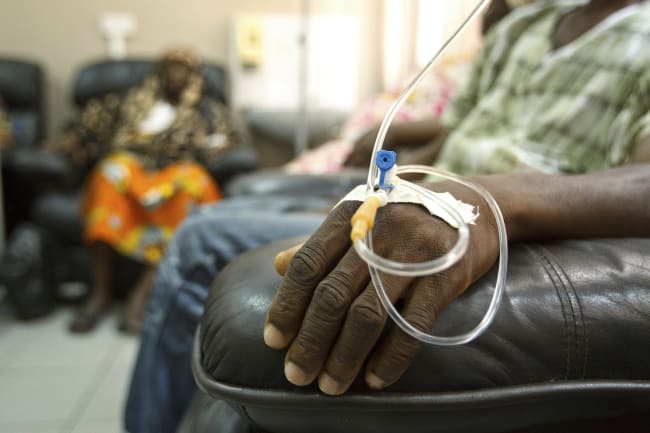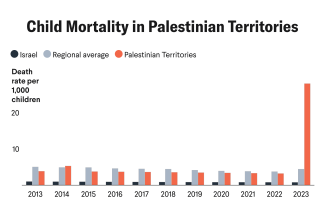The twenty-first century has marked a dramatic turn in public health. Noncommunicable diseases (NCDs), including cancer and diabetes, are rising and now kill more than 43 million people every year. Worse, 73% of these diseases occur in low- and middle-income countries, where two-thirds of these deaths are related to tobacco use, alcohol misuse, unhealthy eating, and physical inactivity. A key driver of these NCDs are tobacco, fossil fuel, ultra-processed food, and alcohol industries, which produce, market, and sell products that are harmful to health. In 2019, those four industries were responsible for 34% of the 56 million total annual deaths globally.
To regulate corporate practices harmful to health, governments have adopted policies that work to protect consumers. Since 2003, more than 180 countries have ratified the World Health Organization (WHO) Framework Convention on Tobacco Control (FCTC), an international health treaty that provides evidence-based policy solutions to reduce the demand and supply of tobacco globally. These best practices, which include restrictions on tobacco advertising and increasing tobacco taxes, have also been implemented to regulate other health harming sectors including alcohol and ultra-processed foods and drinks. In 2022, the WHO emphasized the need [PDF] for stricter restrictions on alcohol advertising. In 2023, it updated its recommendations to protect children against the harmful impacts of food marketing.
To counter those efforts, health harming industries distort science and lobby to block, weaken, and delay evidence-based policies and regulations. Nowhere is this more evident than in Mexico. There, health harming industries remain the biggest barrier to implementing public health policies. When industries fail to block or weaken a policy, they aggressively threaten and sometimes proceed with legal action against governments to undermine and delay implementation. This creates difficulties in implementing and enforcing regulations given limited resources, weaker political institutions, and limited state capacity. As a result, industries are increasingly using legal action to intimidate the government, often undermining and delaying implementation and enforcement efforts.
To address those issues, health advocates and policymakers need to develop a playbook to counter health harming industries that draws from the commercial determinants of health framework, which examines corporate harm to health and the environment.
Food Labeling
Mexico has some of the highest rates of obesity and diabetes, especially among children. In October 2019, in response to this growing epidemic, the Mexican government passed amendments to the General Health Law that established a front-of-pack nutrition label (FOPNL) warning system that places octagon warning labels on products with high sugar, saturated fats, trans fats, calories, or salt content. The new law bans the use of cartoon characters [PDF] and advertisements targeting children on products with a FOPNL warning.
These policies have improved consumer food choices by helping consumers quickly and easily identify unhealthy foods and drinks and make healthier choices; they have also reduced sales for those products.
In response to these measures, food and beverage companies and their allies threatened the Mexican government arguing that the food label policy violated advertising freedoms of expression and intellectual property rights (e.g., trademarks). When the Mexican legislature and executive branch rejected these claims, the food and beverage industry and its allies legally challenged the policy by filing injunctions (amparos), which temporarily suspend the law until legal rulings are issued.
Since 2020, food and beverage companies have filed more than 100 injunctions, effectively stalling the implementation of food warning labels and restrictions on advertisements. Recently published research illustrated that these efforts helped delay implementation of the food labels by six months from April to September 2020 and the banning of cartoon characters by two months from April to June 2021.
Tobacco Environments and Advertising
Despite being the first country in Latin America to ratify the WHO FCTC treaty in 2005, Mexico has struggled to adopt WHO FCTC-guided national legislation. That lack of legislation has stagnated tobacco use prevalence. In February 2022, the Mexican government passed amendments to its General Law for Tobacco Control, which established 100% smoke-free environments in indoor public places, workplaces, and public transport and issued a comprehensive ban on tobacco advertising, promotion, and sponsorship.
Like the food industry, the tobacco industry and its allies responded by threatening the Mexican government arguing the tobacco policy violated trademark provisions established in the World Trade Organization Agreement on Trade-Related Aspects of Intellectual Property (TRIPS). Major tobacco companies claimed that the policy unjustifiably limited the use of a trademark during commercial operations. When the Mexican legislature and executive branch rejected these threats, the tobacco industry and its allies legally challenged the policy by filing injunctions. Ironically, tobacco industry allies—including supermarket chains and convenience stores such as Walmart, OXXO, and 7-11—filed injunctions against the policy, arguing that they could not provide food service along with smoking in semi-outdoor areas such as terraces, patios, and rooftops.
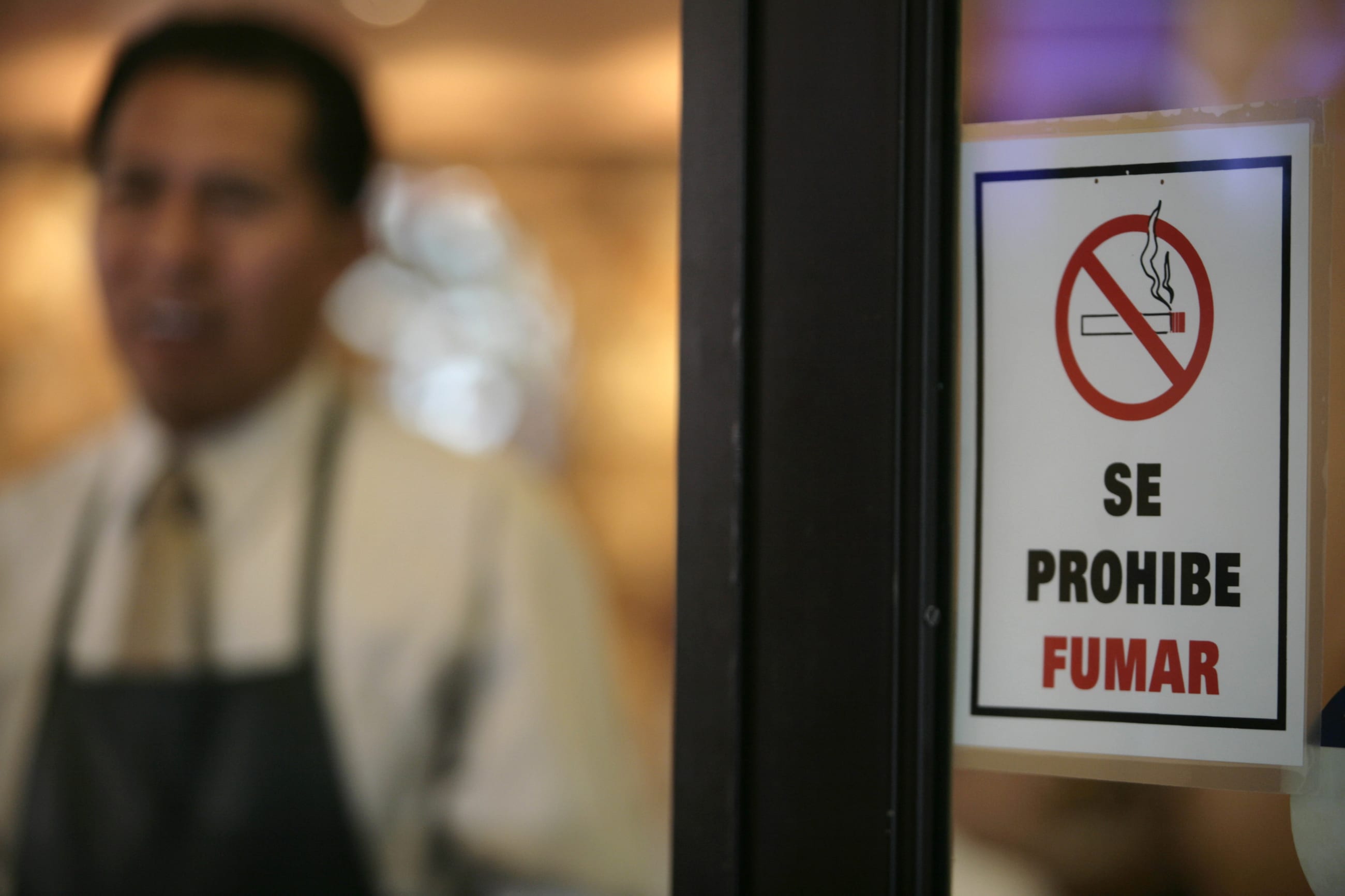
Since 2022, tobacco companies have filed more than 2,500 injunctions. Those efforts delayed implementation and undermined enforcement efforts for tobacco control. A recent analysis interviewed health advocates and government inspectors in Mexico who claimed the injunctions forced them to pause monitoring inspections until court rulings were finalized, creating some confusion and inefficiencies with inspections. The industry mischaracterized the legal rulings in the media, further creating confusion among regulators and the public. Additionally, injunctions applied only to the plaintiff that filed the lawsuit, but these groups, which are mostly restaurants, were promoting the injunctions to other entities who also began claiming that the law did not apply to them, further creating confusion for inspectors.
Lessons Learned and a New Way Forward
Despite the Mexican legislature's and executive branch's policies that seek to limit tobacco use and consumption of unhealthy foods, the food and tobacco industries have succeeded in using the judicial branch to delay and undermine implementation and enforcement efforts. To address these pressing health issues, health advocates and researchers should branch out of their own silos and connect with other public health groups to recognize that industry attacks draw from a corporate playbook. Thus, solutions should adopt a commercial determinant of health framework that examines how private corporations influence health and that studies cross-sector corporate industry practices.
Understanding the corporate playbook and adopting a public health playbook approach can empower public health advocates from different sectors, such as food and tobacco, with common strategies to proactively protect public health from commercial interests. To assist in developing such a framework, public health advocates and researchers should examine the University of California, San Francisco (UCSF) Industry Documents Library, a publicly accessible archive library that contains more than 24 million previously confidential documents from various industry groups including tobacco, food, drug, chemical, opioids, and fossil fuel that have become public through various lawsuits and whistleblowers.
Those documents—which include internal memos, emails, correspondents, meeting notes, and corporate plans—reveal that the food and tobacco industries use legal threats initially to intimidate and bully governments. As evidenced in Mexico's case, both industries have sued governments in attempts to prevent the diffusion of best practices for public health. When Mexico City passed a 100% smoke-free law in 2008, the tobacco industry challenged it in the Supreme Court, which rejected the challenge, citing Article 4 of the Mexican Constitution, which grants and protects the "right to health."
As a former Philip Morris executive once said, "a sneeze in one country today causes international pneumonia tomorrow." To hedge against health harming industries, other countries in Latin America and elsewhere should adopt a commercial determinants approach, review industry documents to expose cross-industry strategies, and proactively anticipate and reject industry legal threats and challenges.
